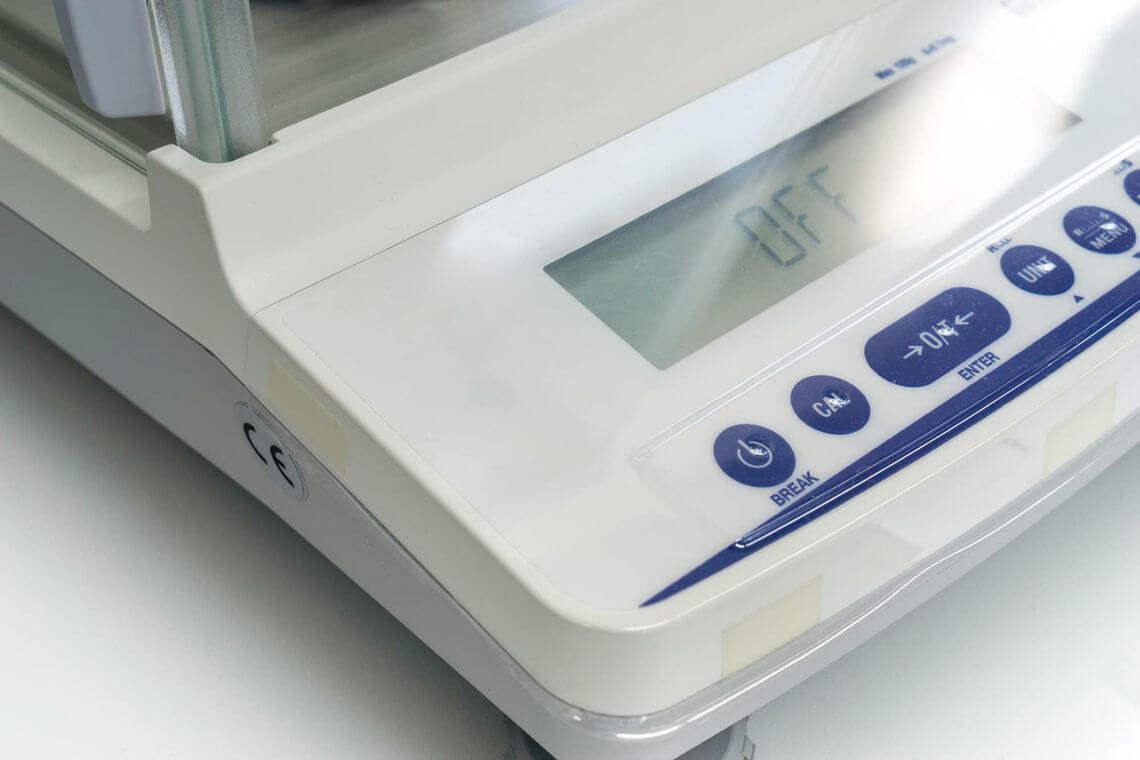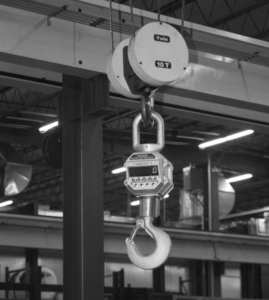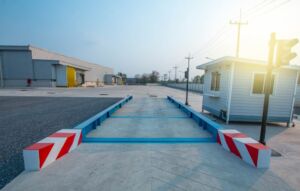6 tips for using scales in the field
Portable bench scales are ideal for fieldwork. However, they’re sensitive to inclement weather and uneven terrain. Therefore, you must prepare before venturing out into remote areas. Follow these six tips for using your scale in the field.
1. Check the forecast. Avoid using your scale in extreme temperatures, strong winds, harsh sunlight and high humidity. These factors can influence your readings. If possible, wait for a day with good weather. Moreover, move your scale as far away as you can from heavy machinery, busy highways and anything else that may cause vibrations, as this could skew your readings.
2. Prepare your equipment. Make sure to calibrate your scale before leaving the lab. Additionally, remember to bring calibration weights with you because changes in altitude or temperature could require onsite calibration.
Charge your scale’s batteries and ensure that any devices and accessories are in good working order. Furthermore, make sure your scale’s USB port is compatible with your laptop, tablet or portable printer. Just in case, bring a notebook and pencil to write down any important information.
3. Use a carrying case. If your scale didn’t come with one, invest in a carrying case. A solid, high-quality case will protect your scale if it’s dropped or bumped during transportation. In fact, shocks to your unit could result in costly repairs.
4. Use a draft shield. Most precision scales come with a transparent box that covers the weighing plate. This is called a draft shield and protects the weighing area. Even the slightest breeze can adversely affect your readings. Additionally, using a draft shield is crucial when weighing light, powdery substances such as pollen or soil.
5. Keep your scale clean. Working in the field means your scale will inevitably get dusty and dirty. Therefore, pack a few clothes or sponges to wipe down the weighing plate. Even a small amount of dust can impact your readings. Regularly cleaning your scale also prevents sample cross-contamination and rust formation.
6. Find a flat surface. Scales work best on solid, flat surfaces. Fortunately, most models come equipped with a built-in level and adjustable feet to ensure your scale is stable.
If you need advice on how to protect your scale while in the field, the experts at Accurate/Western Scale Co. Ltd. can help.
Bench and precision scales in Calgary, Red Deer and Swift Current At Accurate/Western Scale Co. Ltd., we understand the challenges of using scales in the field. Fortunately, we carry reliable bench and precision scales that work as hard as you do. We also provide scale rental services. Contact us today at our Calgary location to learn more about our products.





